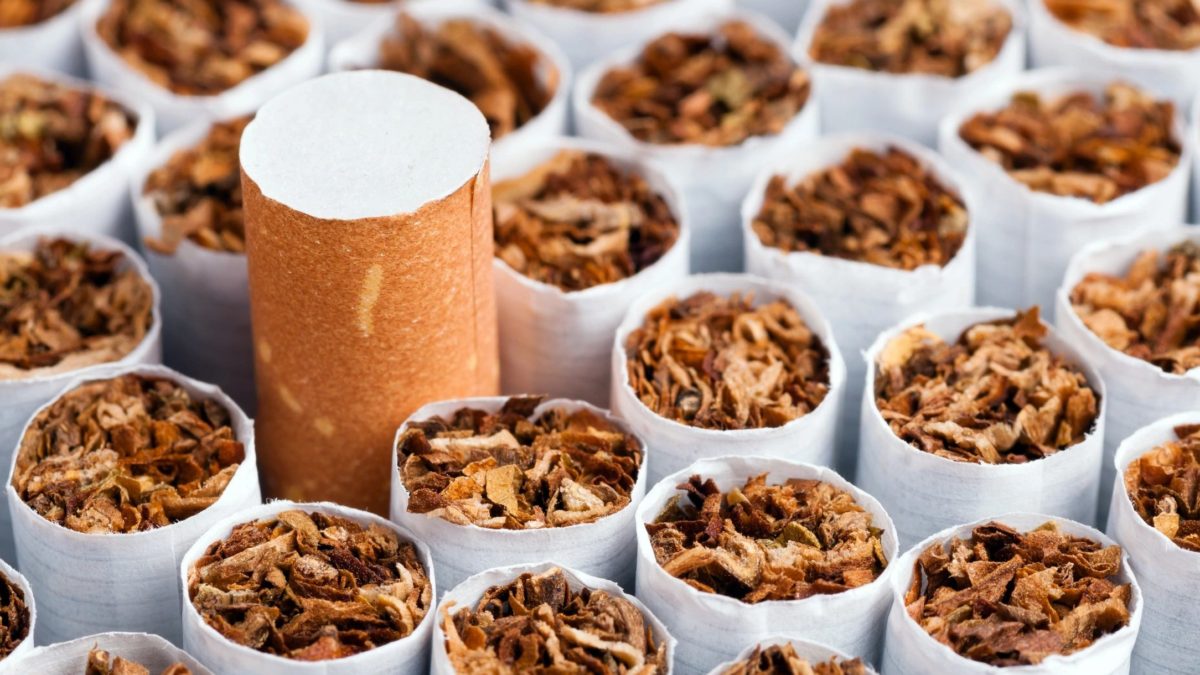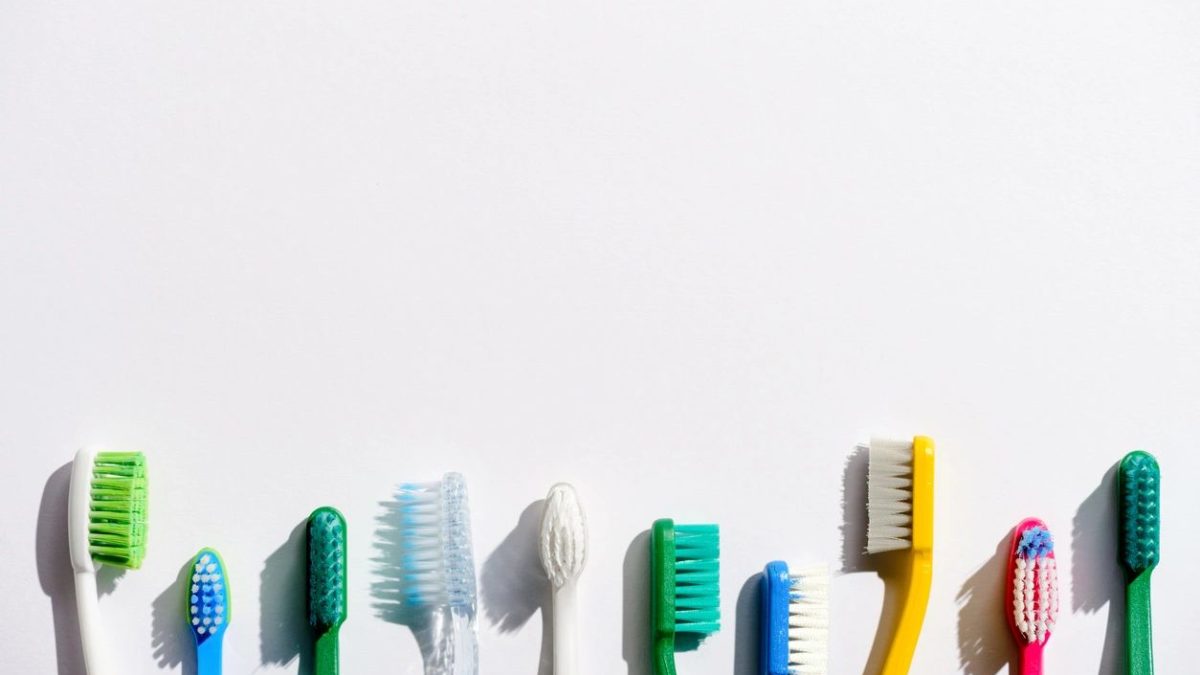The COVID19 pandemic has highlighted the importance of lung health. Lung health is so important that it deserves a special place in your overall health, wellness, and self-care routine. With that in mind, here are six tips on how to protect your lung health.
Protect yourself from smoke
By now, hopefully, everyone is aware that smoking cigarettes is really bad for you. What might not be so clear, however, is just why they are so bad for you. There are actually three reasons. Firstly, there’s the chemical content. Secondly, there’s the tar content. Thirdly, there’s the actual smoke itself.
If you already smoke cigarettes, then you might want to look into switching to ecigarettes. If you use liquid tobacco products, then they’ll still be bad for you. They do, however, at least eliminate the smoke and tar.
If you don’t smoke cigarettes then you still need to be careful about your exposure to smoke in general. Depending on the source, regular smoke may also contain chemicals, for example, pollutants. Even if it doesn’t, the smoke itself is still bad for your lungs.

Educate yourself on hazardous materials
A lot of common products can be hazardous to your lungs. Probably the most obvious example of this is chemical cleaners (domestic as well as industrial). Other examples, however, may surprise you. For example, some of the materials used in arts and crafts can produce dangerous fumes. Epoxy is a good example of this.
Even if a material is not hazardous itself, it can become hazardous if used incorrectly. For example, sawdust is not usually dangerous in itself. If, however, you breathe in a lot of it, then it can become dangerous. In most cases, protecting yourself generally involves a combination of a mask and effective ventilation.
Sometimes, however, you need to go further. This is particularly likely if you spend a lot of time in older buildings. These may still contain dangerous substances such as asbestos, lead, and even arsenic. All of these can lead to serious health conditions. For example, asbestos is known as a cause of mesothelioma (learn about mesothelioma).
It’s advisable to check actively for these in older properties. If you find them, you may need to have them professionally removed, especially asbestos. No matter how much this costs, it’s worth the money to make the building safe.
Get active!
You probably already know that cardio works your heart. That’s literally what the name says. What you may not have thought about, however, is that cardio exercise increases your need for oxygen. That makes your lungs work harder and that encourages them to stay strong.
Ideally, you’ll mix up cardio with training for flexibility, balance, and strength. These won’t necessarily help your lungs directly. They will, however, help maintain your overall health and wellness. That’s good for your body as a whole and, hence, also good for your lungs.
Look out for your immune system
Minor illnesses are just a part of life, especially in the colder months. Most of the time, they’re just a bit of a nuisance for a while, then they go away again. Even so, they’re well worth avoiding if you can. What’s more, by limiting your likelihood of catching minor bugs, you limit the chances of them turning into major problems.
If you do have any medical issues, then treat them promptly, no matter how minor they seem. Again, most of the time, you’ll probably be able to do this at home with over-the-counter (or even home-made) remedies. If, however, these don’t work as you’d hoped, then go to a medical professional quickly.
Take care of your oral health
Your mouth is basically an entryway to the rest of your body. In general, that’s a benefit. After all, it’s how you nourish and hydrate yourself. Sometimes, however, it can be a problem. For example, if you handle an item with germs and then touch your mouth, the germs can enter your body through your mouth. That could lead to a lung infection (or many other problems).
In fact, your mouth has exactly the sort of conditions germs like. It’s warm, moist, and dark. That means germs can build up in it very easily. The way to stop this from happening is to practice good oral hygiene. This means both cleaning your teeth at home and visiting the dentist at least once a year, ideally twice.

Have regular medical checkups
At a minimum, have an overall health check at least once a year. If possible, you should have further appointments with a dentist, an optician, and an audiologist. In between these times, you can keep a wellness journal. This can track various health indicators including how well you are breathing.
















